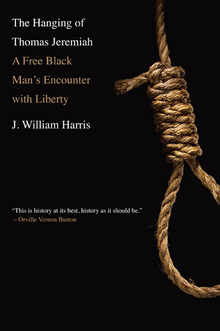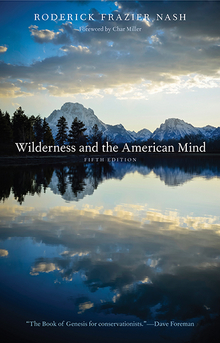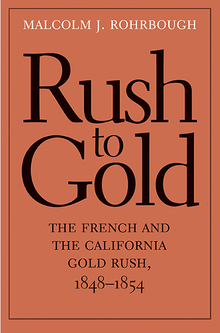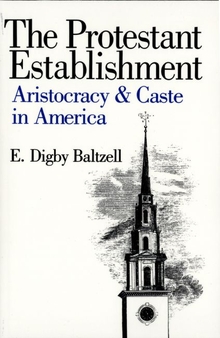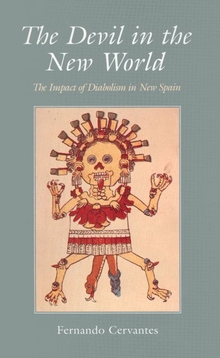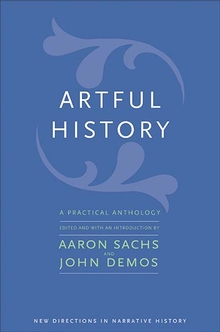The Hanging of Thomas Jeremiah
WARNING
You are viewing an older version of the Yalebooks website. Please visit out new website with more updated information and a better user experience: https://www.yalebooks.com
A Free Black Man's Encounter with Liberty
J. William Harris
The tragic untold story of how a nation struggling for its freedom denied it to one of its own: a free Black man
"A searing portrayal of the central paradox of the American Revolution—the centrality of slavery to the struggle for political liberty."—Laurel Thatcher Ulrich, Harvard University
"An insightful reflection and commentary on the vexed relationships among liberty, slavery, and the British Empire in the era of the Declaration of Independence."—Richard D. Brown, The Journal of Law and History Review
In 1775, Thomas Jeremiah was one of fewer than five hundred “Free Negros” in South Carolina and, with an estimated worth of £1,000 (about $200,000 in today’s dollars), possibly the richest person of African descent in British North America. A slaveowner himself, Jeremiah was falsely accused by whites—who resented his success as a Charleston harbor pilot—of sowing insurrection among slaves at the behest of the British.
Chief among the accusers was Henry Laurens, Charleston’s leading patriot, a slaveowner and former slave trader, who would later become the president of the Continental Congress. On the other side was Lord William Campbell, royal governor of the colony, who passionately believed that the accusation was unjust and tried to save Jeremiah’s life but failed. Though a free man, Jeremiah was tried in a slave court and sentenced to death. In August 1775, he was hanged and his body burned.
J. William Harris tells Jeremiah’s story in full for the first time, illuminating the contradiction between a nation that would be born in a struggle for freedom and yet deny it—often violently—to others.
"A searing portrayal of the central paradox of the American Revolution—the centrality of slavery to the struggle for political liberty. By focusing on a single event, it exposes another paradox as well—that making a story small can also make it bigger."—Laurel Thatcher Ulrich, Harvard University
“Beautifully written, this intense study of the conflict between liberty and slavery is told through the lives of colonial Americans in Charleston, South Carolina. In unraveling the mystery of a slave insurrection plot, Harris provides a wonderfully thick description of colonial life in Charles Town, South Carolina, in 1775. Harris weaves together lives of three slaveowners: wealthy merchant Henry Laurens, son of a British duke William Campbell, and harbor pilot, African American Thomas Jeremiah. This model microhistory opens up wonderful new insights about liberty in the context of the American Revolution: what liberty meant and for whom. This is history at its best, history as it should be.”—Orville Vernon Burton
, author of The Age of Lincoln“Fast-paced, deeply researched. . . . gripping. . . . Harris’ book reminds us that throughout history, liberty for some has rested on the denial of freedom for others.”—John David Smith, Raleigh News & Observer
“J. William Harris tells a fascinating and finely researched story of principles in conflict and of individuals holding conflicting principles.”—Charleston City Paper
A Best Book of 2009, Library Journal
Publication Date: February 22, 2011
22 b/w illus.

